According to the Substance Abuse and Mental Health Services Administration, in 2017, an estimated 3.2 million U.S. adolescents aged 12 to 17 had at least one major depressive episode in the past year. This means they experienced a depressed mood or loss of interest or enjoyment in daily activities for a period of two weeks or longer along with some additional symptoms, such as problems with sleep, eating and lack of energy.
As a parent and a psychologist, knowing that 12.5 percent of the U.S. population within this age group has struggled with mental health, I wanted to offer some advice for other parents who are unsure of the best ways to approach their kids around this topic. By being more proactive about discussing mental health and wellbeing, we can reduce the stigma and help teach our children skills for the future.
How to know if it’s more than “just being a teenager”
It is normal for children to experience a wide range of emotions – including sadness and anxious thoughts – especially as they enter adolescence. It’s a period of growth with first heartbreaks and often the first real taste of independence. If your child becomes upset or is in a negative mood and there is a clear trigger for the change in mood, this is likely normal. However, if the emotions last for two weeks or longer, this change is often an indicator of underlying depression or anxiety. Parents should also watch for more subtle changes in their child’s behavior such as:
- Becoming overly engaged in or withdrawing from activities they enjoy
- Spending a lot of time alone
- Sleeping much longer and more frequently
- Eating much less or much more than usual
How to have tough conversations with your kids
As a parent, I know that it can often be challenging to find the right words to have a tough conversation with your kids – you don’t want to push them away or seem like an out-of-touch adult. There are a few tips that can help you both feel comfortable and be successful when talking with your children about mental health:
Pick a good time for you and your child: Schedules are busy, but a conversation about your child’s mental health and wellbeing can’t be rushed. Find a time when you both won’t be rushing out the door or stressed by some other factor. If you don’t, it won’t be a good conversation, no matter what you say.
Find a space where you both feel comfortable: Contrary to what we often think, having your child look you in the eye when having a conversation about tough subjects and emotions can hinder his or her openness and willingness to share. Consider finding a space for your conversation that has a little more flexibility, such as taking a drive together or going for a walk. This can take the pressure off a bit and help the conversation flow more freely.
Ask open-ended questions: If you ask, “Are you okay?” you are likely to get a yes or no answer that won’t lead to the conversation you want to have. Instead, say things like, “I noticed you are spending more time alone lately, and I’m wondering how things are going at school?” Or, “I noticed you’ve been more quiet recently, and I’m wondering how you are feeling?” A good response if you feel stuck in the conversation can always be, “Tell me more about that.”
Be comfortable with silence and listen: Your job is to help them learn to process their emotions, be comfortable feeling a wide range of emotion and learn how to come up with solutions if needed on their own. If there’s a pause in any conversation, we tend to try to fill the space so it’s not awkward. But during a difficult or emotional talk with your children, be comfortable with the occasional silence as they work through the details of their feelings and emotions. Be patient and listen. Don’t try to jump in and try to solve the problem. Instead, show empathy, saying things like, “Wow, that must really be hard. It sounds like you’ve been dealing with a lot. What can I do to help?” Always remind them you are on their team and there for them.
Remember, it’s never too early to consult a professional
Parents often worry that encouraging their child to talk with a mental health professional can lead them to believe that something is wrong with them. The truth is, as parents, we need to help put an end to that stigma. Present talking about feelings and emotions with an expert as something that is normal and helpful for everyone, regardless of their situation. Taking this approach can help to reduce feelings of embarrassment and worry. You can say things like “It’s normal to feel this way when you have all of these intense situations happening at the same time. Let’s give this a try to see how we can make it easier for you to handle these emotions.”
If you think that your child could benefit from talking with a professional, be assured that it’s never too soon to do so. Too often, we see kids for the first time when they are struggling immensely. The coping and awareness skills taught during a session with a mental health expert are always valuable – now and as children grow into adulthood. If you are worried about your child, make an appointment with a professional or call 911 if you feel your child is in immediate danger.
This blog post originally appeared in Northern Virginia Magazine online.
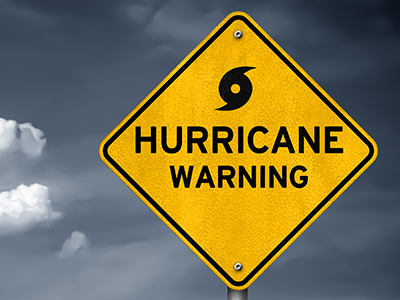 https://riseandshine.childrensnational.org/wp-content/uploads/2024/04/Hurricane-warning-sign-feature.png
300
400
Danielle Robbins
https://riseandshine.childrensnational.org/wp-content/uploads/2017/11/childrens_riseandshine_logo.jpg
Danielle Robbins2024-04-10 14:14:482024-04-10 14:16:08Helping your child weather the storm: A guide to post-hurricane healing
https://riseandshine.childrensnational.org/wp-content/uploads/2024/04/Hurricane-warning-sign-feature.png
300
400
Danielle Robbins
https://riseandshine.childrensnational.org/wp-content/uploads/2017/11/childrens_riseandshine_logo.jpg
Danielle Robbins2024-04-10 14:14:482024-04-10 14:16:08Helping your child weather the storm: A guide to post-hurricane healing



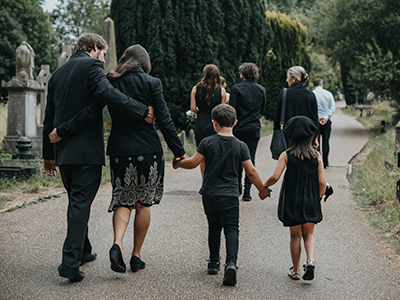





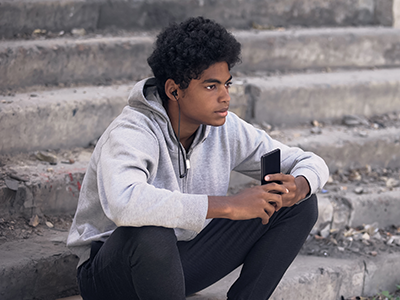


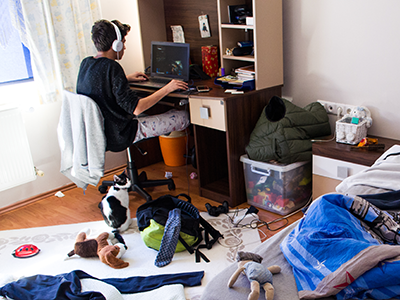
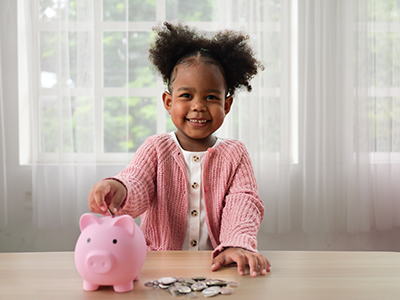

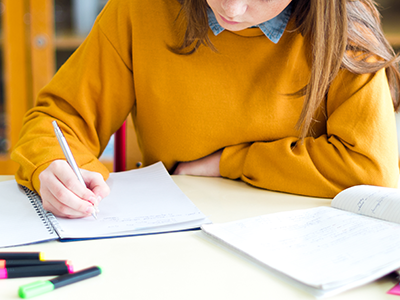


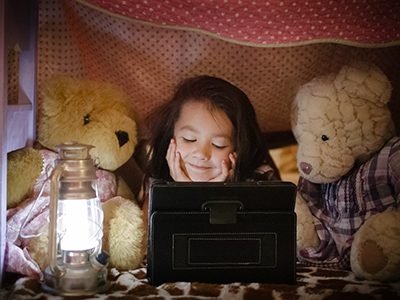
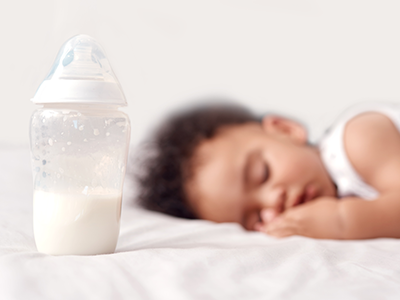

Leave a Comment
Want to join the discussion?Feel free to contribute!